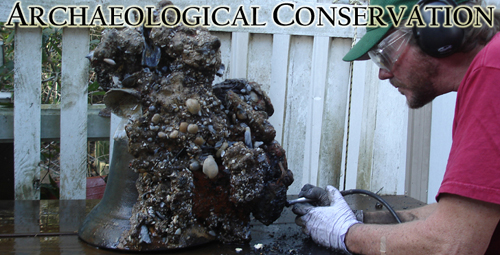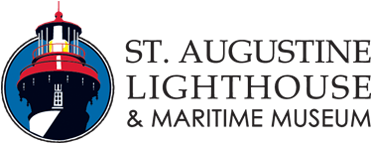
CONSERVATION WORKSHOP
What Does a Student Learn in the Workshop?
This weeklong workshop is designed to introduce students to the fields of archaeological conservation (including maritime or waterlogged artifacts) and museum conservation. Each student will spend time in lectures and laboratory practicum to learn about and expand their skills with artifact analysis, treatment, and stabilization techniques. From setting up treatment systems to learning the process of recording treatment phases, students are directly involved in the learning process. At the end of the workshop students will have gained a working knowledge of treatment techniques and methods for a variety of common organic, ceramic, and metal artifacts. This workshop has value for students who are considering entering the conservation world as well as professionals or avocationals interested in gaining an understanding of post-excavation conservation. Lectures and processes are designed to apply to both professional audiences as well as continuing education for those with little or no previous background in the fields of chemistry, conservation, museum studies, or archaeology.
What Is Conservation?
Conservation is the process of stabilizing an artifact so that it will remain visually and mechanically intact, in order to maintain historical and cultural value. Conservation stabilizes an item as is, as opposed to restoring it to its original manufactured condition. This simple statement underlies a vast world of chemistry, mechanical engineering, electrical knowledge, biology, and other sciences which are brought to bear by the conservator. Each type of artifact material must be treated individually and rarely does conservation take place on a wholesale basis. Thus, judgment exercised by a conservator is guided by pillars of knowledge gained from study and experience. Given this potentially intimidating preface, conservation is a science based on established sets of practices which are outlined and explained as a useful toolkit here in this course.
Why Is Conservation Important?
Archaeologists and museum staff are not only tasked with discovering new facets of our history but maintaining them for posterity in exhibits and repositories around the world. Similarly, conservation continues the process of discovery as each artifact is studied in-depth and undergoes unique methods of stabilization and treatment. This process is not simple and in many cases involves many months, sometimes years, of preparation to stabilize artifacts to ensure their safety and originality. Chemistry, unique mechanical expertise, electrical theory, and many other techniques are brought to bear as each material in each artifact requires individual treatment. By conserving an artifact we not only save that item for further study and research, we save the heritage and history for the people who used that item.
Online Application Forms and Fees
The fee for the workshop is $1,500. A $250 deposit is due upon acceptance and the remainder is due on the first day of class. If you sign up for two or more of our classes (Field School, Conservation Workshop, Sonar Training Workshop), special discounts apply as listed below, and a $250 deposit is due for the first class with only an additional $100 is due for each additional class. All fees are payable to LAMP. The deposit and remaining balance may be paid with check or credit card. This fee is includes dorm style housing for 6 nights, lunch for 4 days, and all materials required for the class. Students are responsible for all other meals, but a fully functional kitchen is available to them where they are housed.
Students are responsible for their toiletries, bedding and transportation to and from the airport as well as to and from the classroom.
Pricing Starting from $800.00
Full Fee: $1,500.00
Sign up early and deduct $100.00
LAMP 2012 Remote Sensing Workshop students deduct $100.00
LAMP 2012 Field School students, deduct $200.00
Students taking both the 2012 Field School and Remote Sensing workshop deduct $300.00 from combined fees (Field School + Conservation Workshop)
For students providing their own housing, deduct an additional $300.00 from single course fee.
Email Starr Cox at scox@staugustinelighthouse.org for upcoming dates and additional information.

